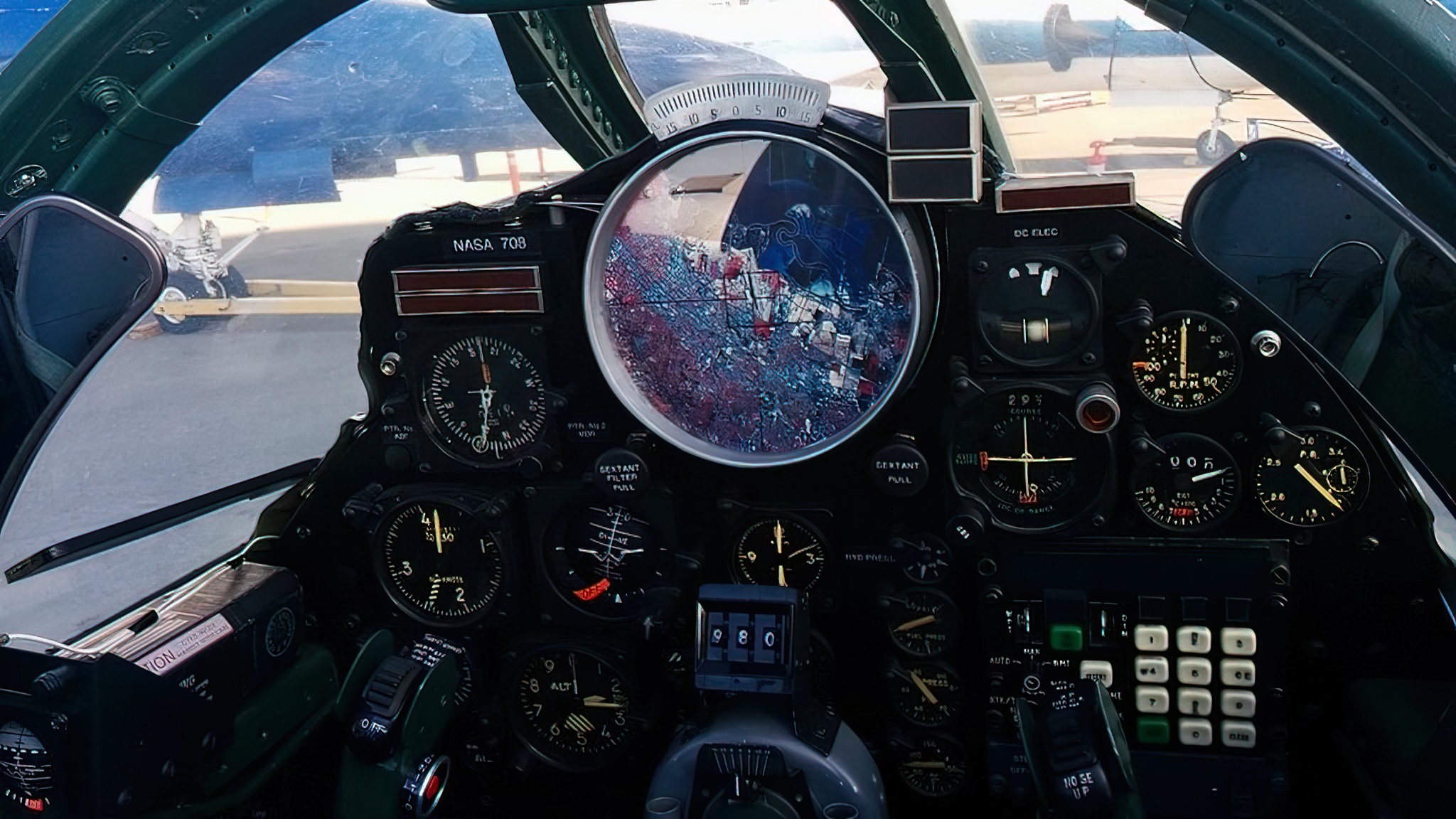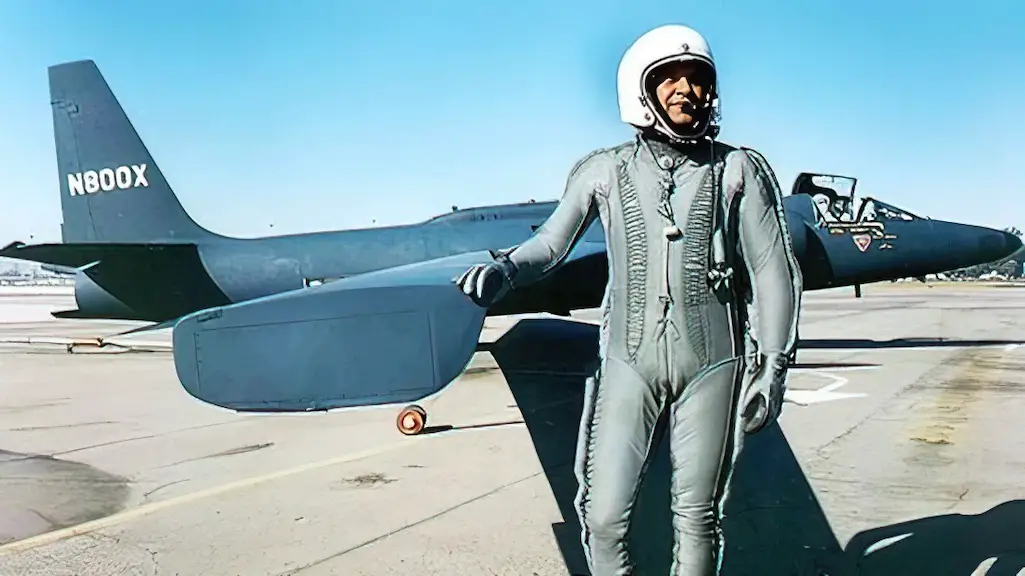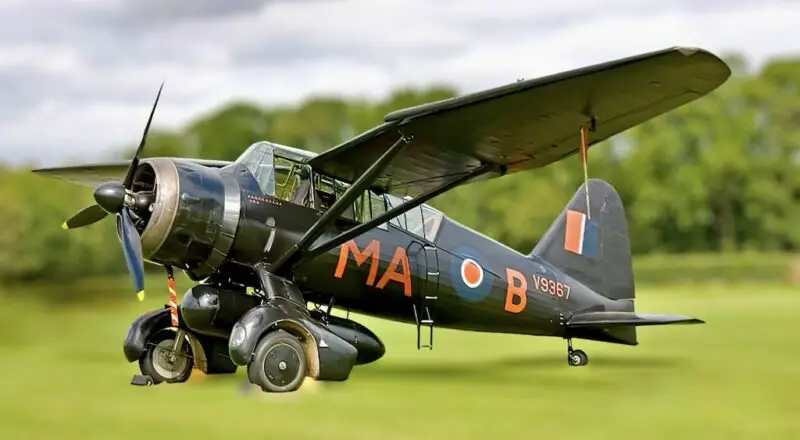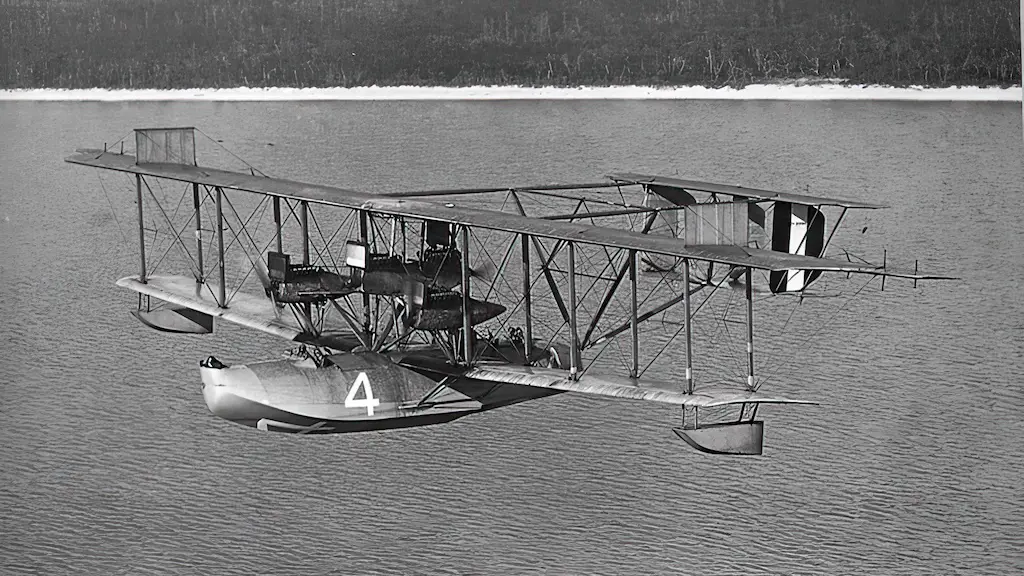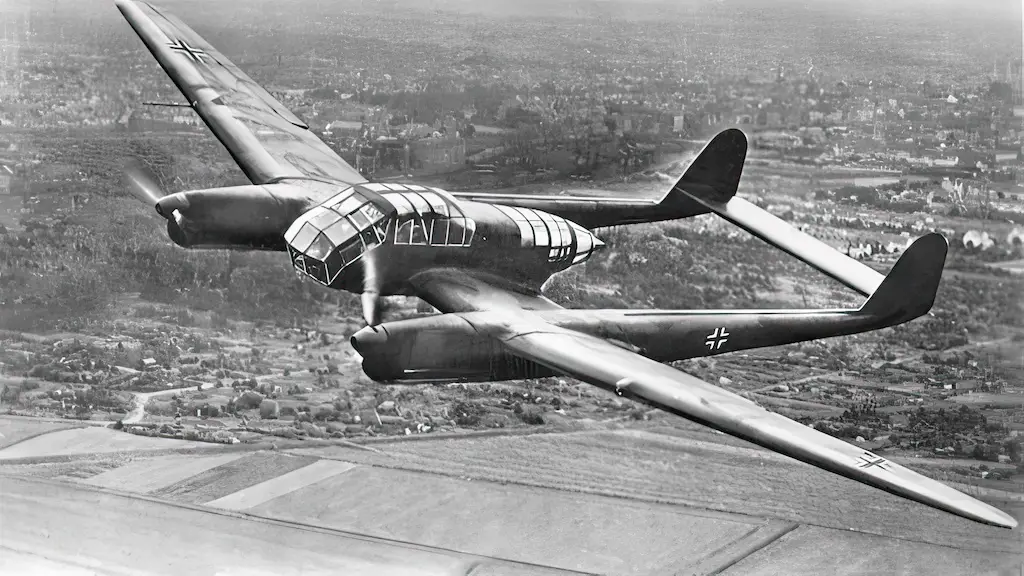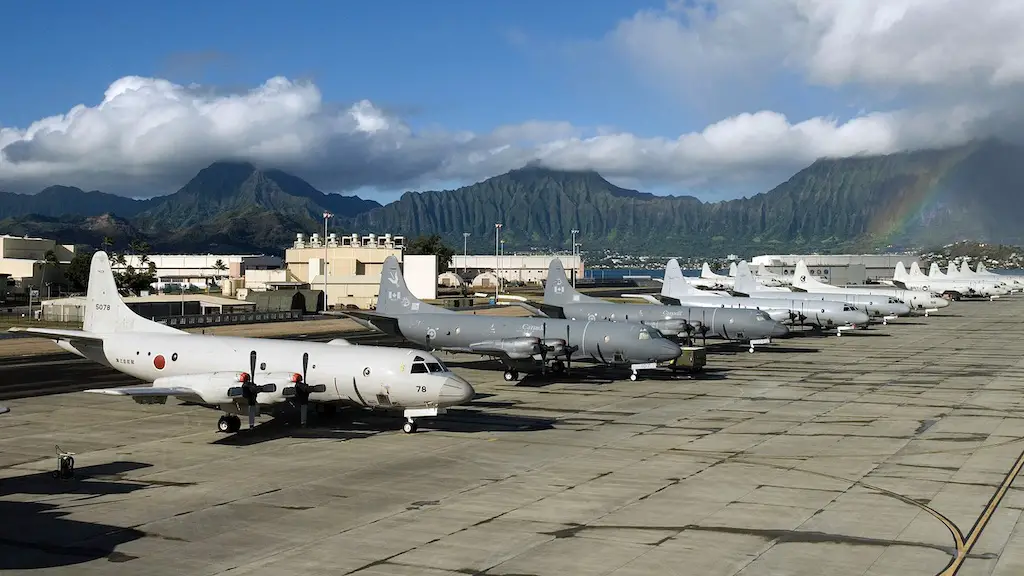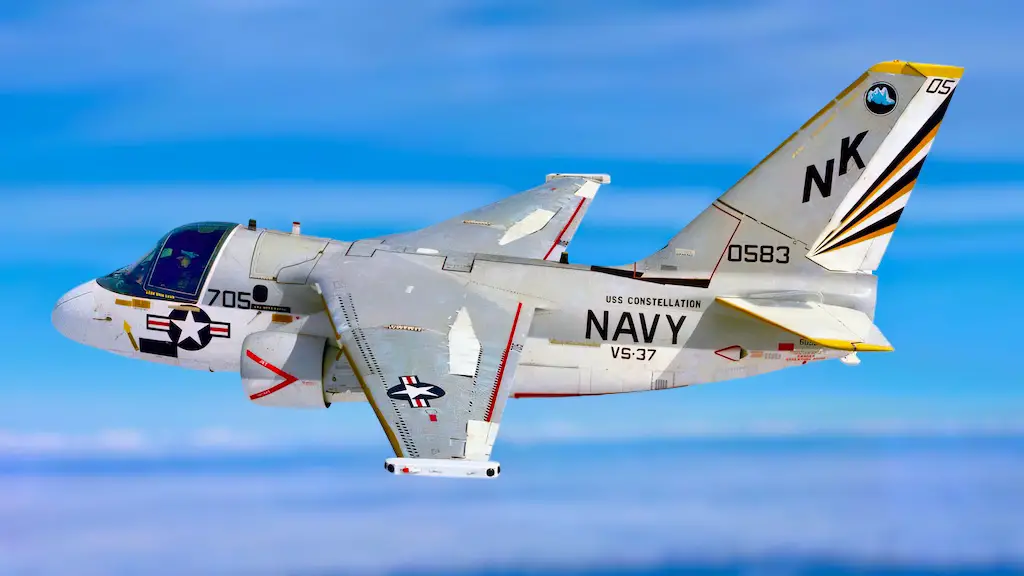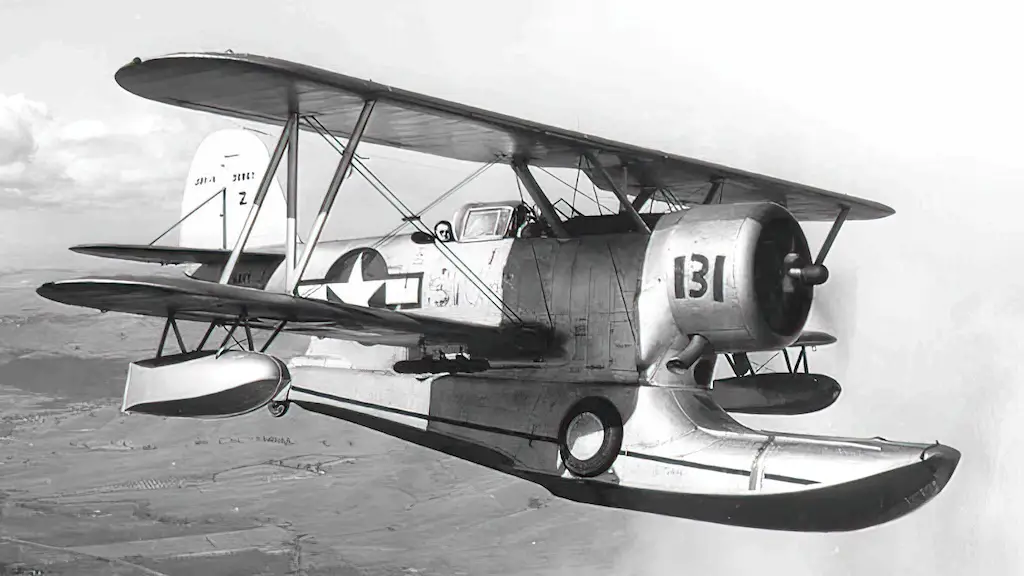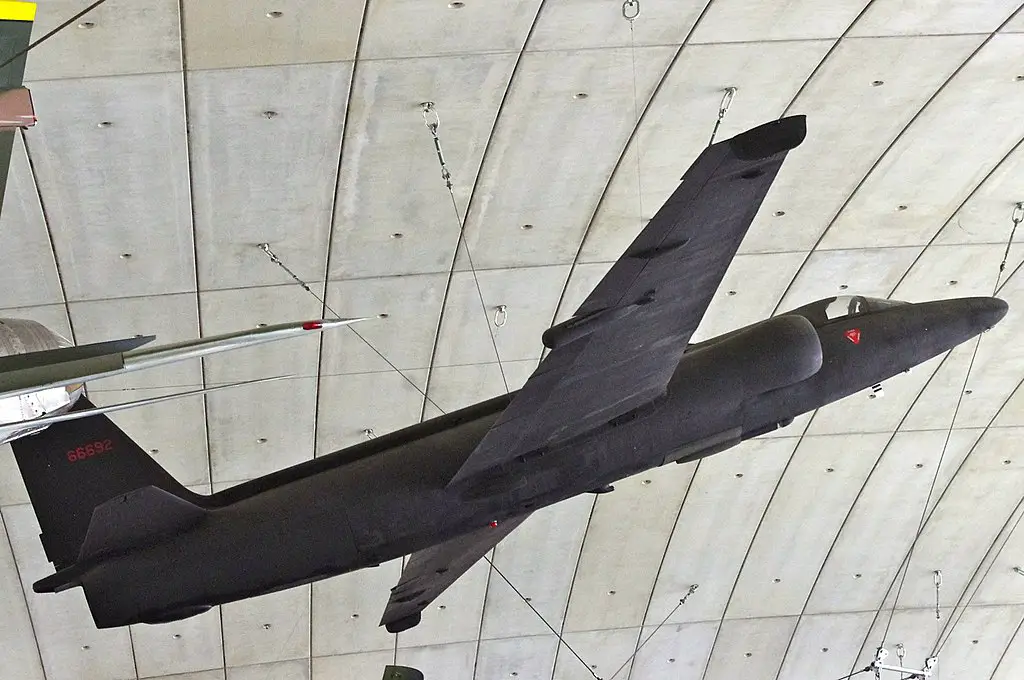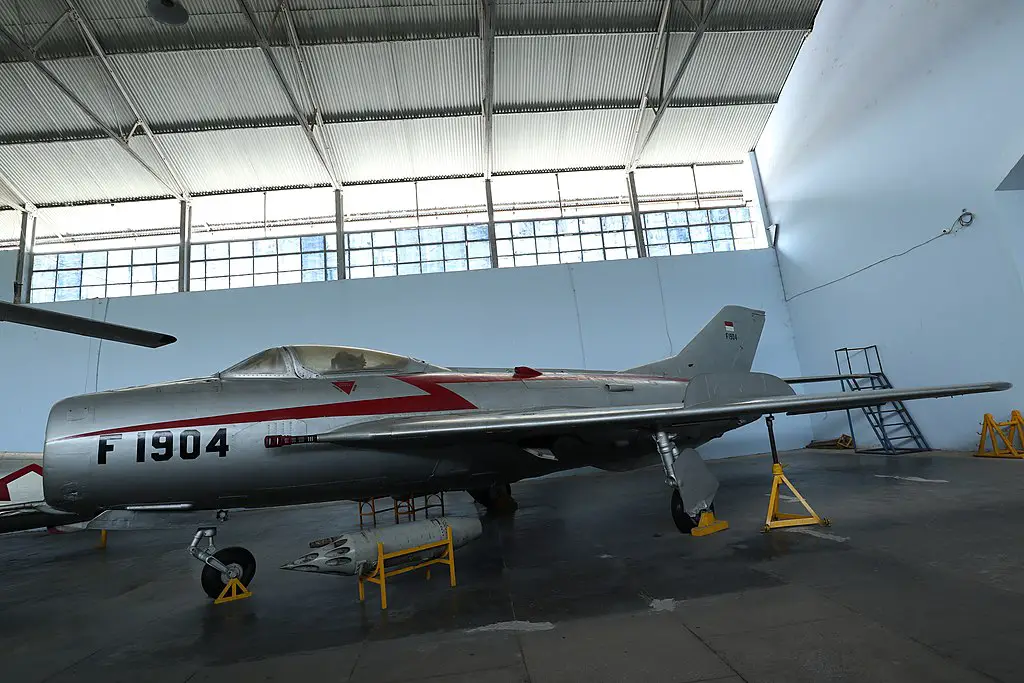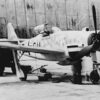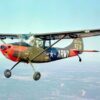Cold war
The Cold War was in full swing. Both the U.S. and the USSR were building crazy amounts on nuclear warheads and means of their delivery, as well as all kinds of military equipment. Lots of very interesting things were going on at industrial and military facilities in both countries which each side was desperate to peep at.
But the humanity had just slightly opened the door into the space age by then with the Soviet Sputnik orbiting the Earth in 1957 followed by the U.S. Explorer 1 next year. No advanced satellite surveillance systems had been developed yet. Thus, CIA had to rely in its intelligence gathering activities on its agent network and on good old aerial photography.
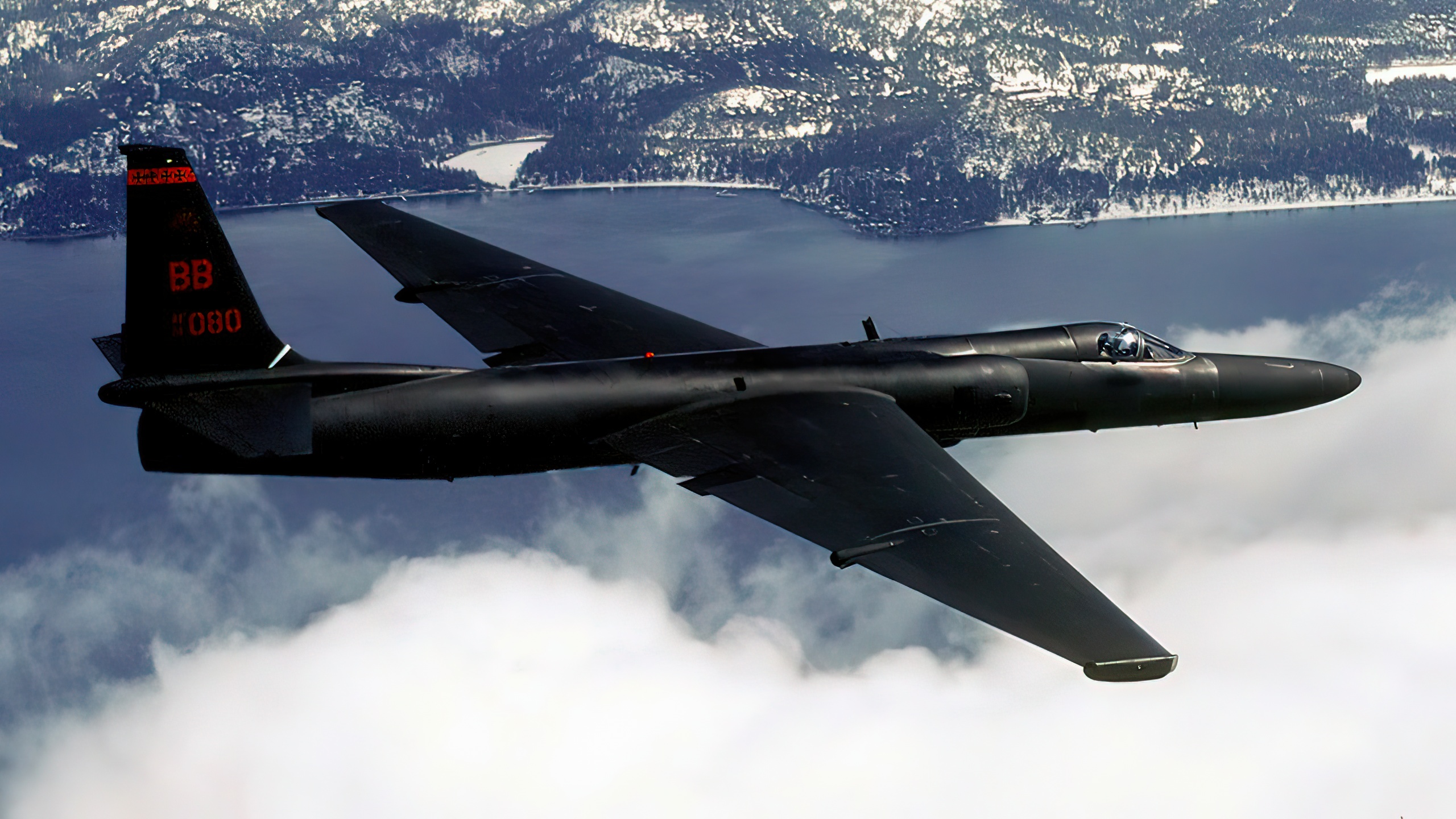
Spy missions
However, by that time Soviet Union had developed pretty robust air defenses employing radars, ground-to-air missiles, and a vast fleet of interceptor aircraft. To carry out successful spy missions in such conditions the U.S. needed high-altitude aircraft, experienced pilots, and a good amount of luck. When Francis Gary Powers embarked on his overflight of the Soviet territory aboard Lockheed U-2 on May 1, 1960, only the third factor was missing, but he didn’t know that yet.
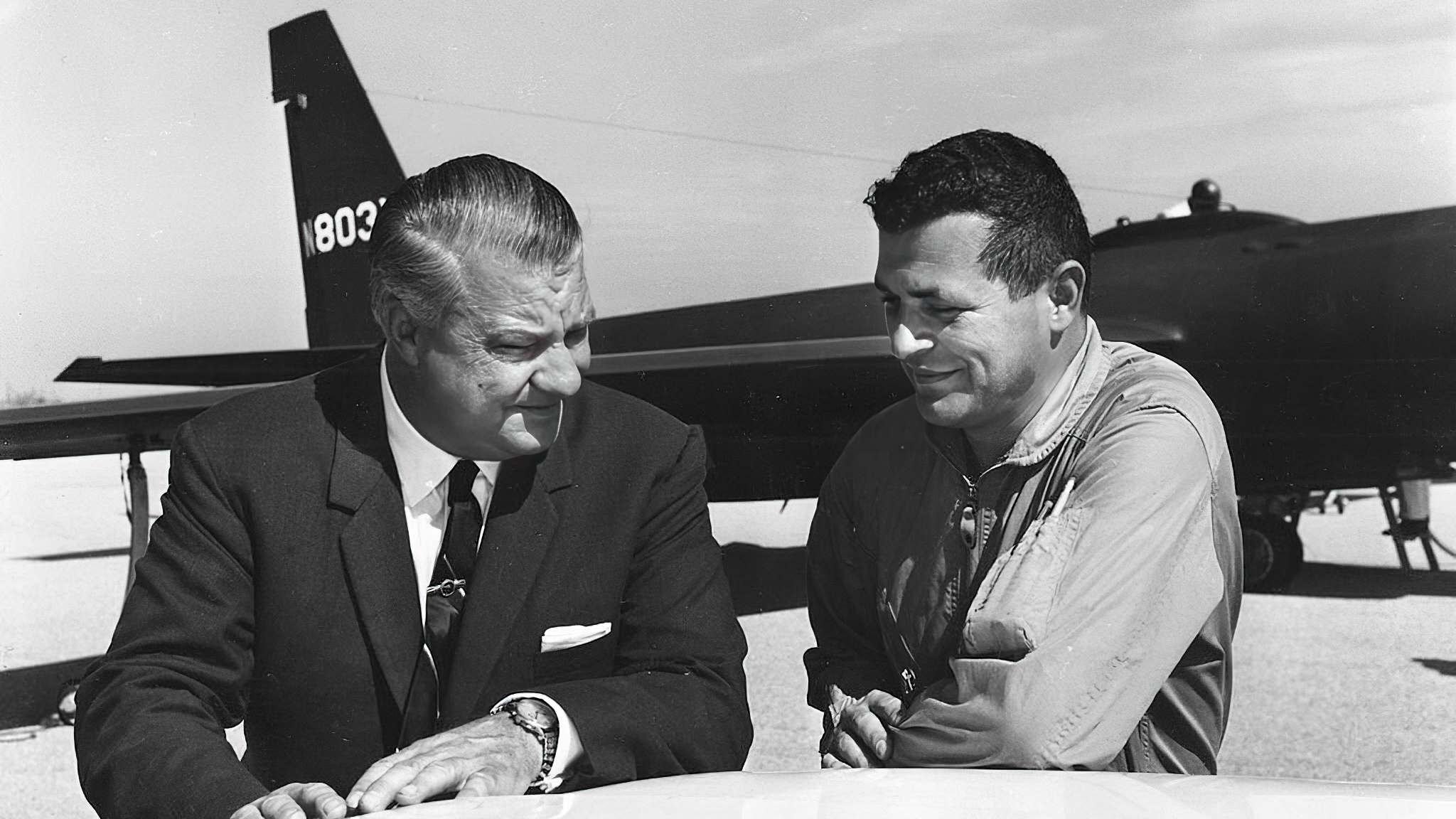
Secret mission
On that day he took off from a secret CIA facility in Peshawar, Pakistan, built specially for U-2 missions. He was not the first one to fly a U-2 over the Soviet territory. By that time British and American pilots had done that a couple of dozen times. They had even been detected and chased by Soviet interceptors but managed to get away.
However, this particular mission had the most daring objectives. Powers was supposed to cross the entire territory of USSR moving North-West and land in the Norwegian town of Bodo something that had not been done previously.
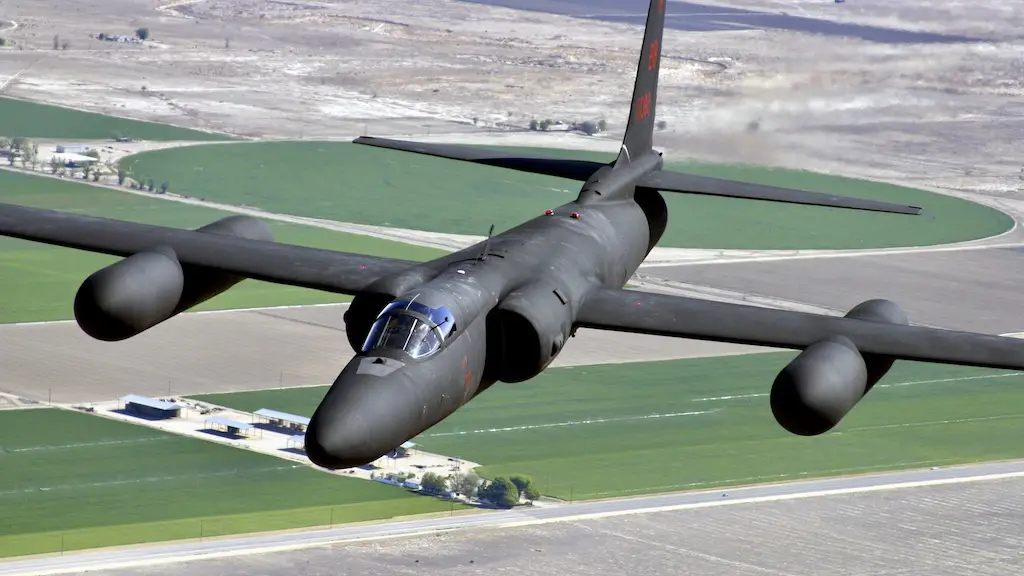
Missiles
As Powers was flying above the Sverdlovsk region at about 70,000 ft, having covered some 1,300 miles over the Soviet territory, he was spotted by air defenses. Though interceptors were scrambled, they could not reach Powers. Then the brand-new V-750VN ground-to-air missiles kicked in.
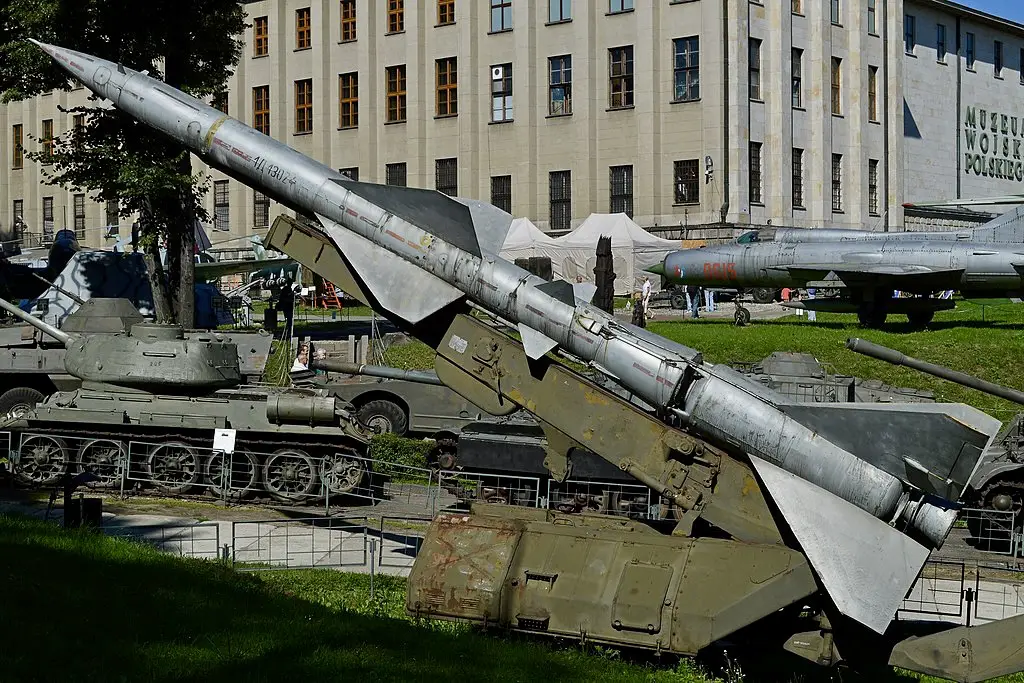
Six missiles did no damage, one hit an MiG-19 that was trying to get Powers, leading to the Soviet pilot’s death. Still, one of the missiles detonated near Powers U-2, blowing its tail off. The aircraft started disintegrating in the air, quickly losing altitude. It took Powers quite some time to bail out of the plunging plane.
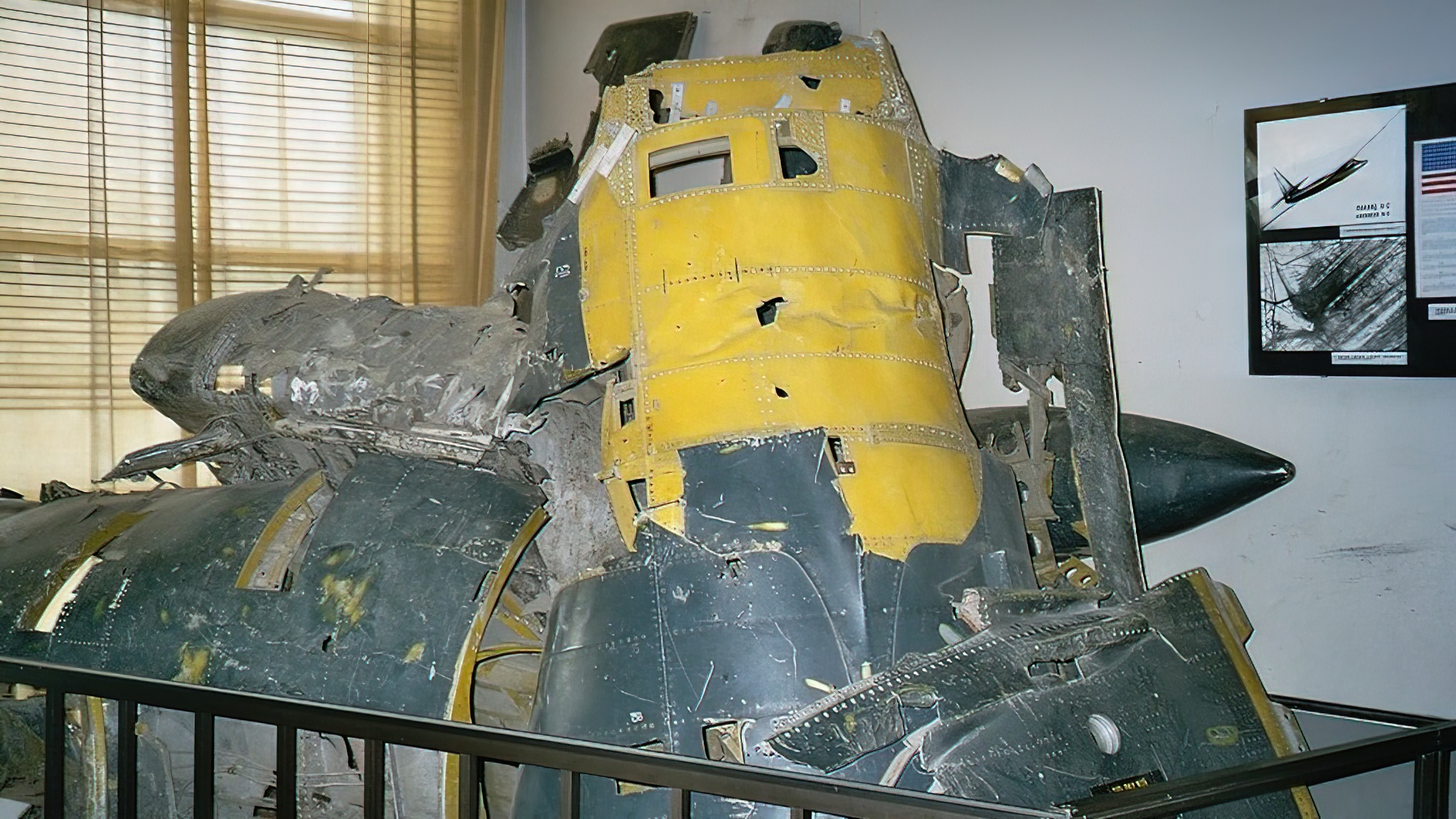
Captured
On the ground Powers was captured, interrogated, and subjected to a show trial. The spying equipment aboard the crashed plane remained mostly intact, allowing the Soviets to disprove the theory of a weather plane that strayed off course, initially presented by the U.S. authorities.
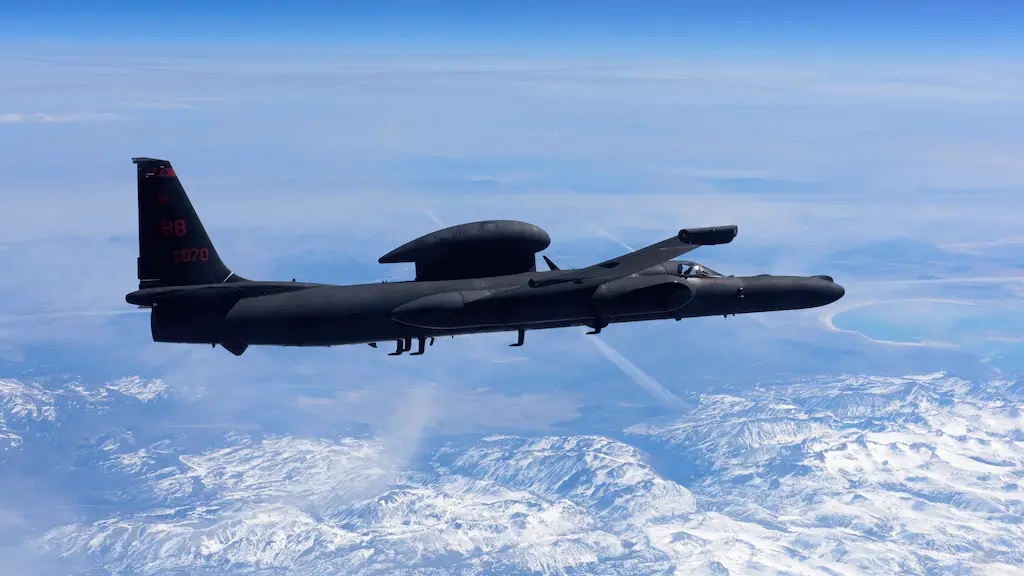
Powers was exchanged for a Soviet spy some two years later. U-2 planes went on flying reconnaissance missions in various parts of the globe and remain in service up to this day. However, overflights of the Soviet territory were effectively discontinued after the Powers incident, even though President Dwight Eisenhower refused Soviet demands to ban them officially.
